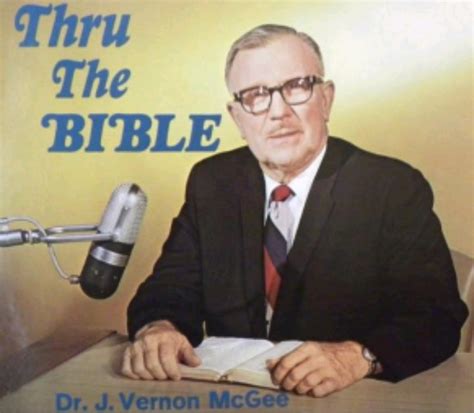A Quote by Philip Yancey
Grace comes free of charge to people who do not deserve it and I am one of those people... Now I am trying in my own small way to pipe the tune of grace. I do so because I know, more surely than I know anything, that any pang of healing or forgiveness or goodness I have ever felt comes solely from the grace of God.
Related Quotes
It is grace at the beginning, and grace at the end. So that when you and I come to lie upon our death beds, the one thing that should comfort and help and strengthen us there is the thing that helped us in the beginning. Not what we have been, not what we have done, but the Grace of God in Jesus Christ our Lord. The Christian life starts with grace, it must continue with grace, it ends with grace. Grace wondrous grace. By the grace of God I am what I am. Yet not I, but the Grace of God which was with me.
Perhaps the most difficult task for us to perform is to rely on God’s grace and God’s grace alone for our celebration. It is difficult for our pride to rest on grace. Grace is for other people—for beggars. We don’t want to live by a heavenly welfare system. We want to earn our own way and atone for our own sins. We like to think that we will go to heaven because we deserve to be there.
Grace is something you can never get but can only be given. There's no way to earn it or deserve it or bring it about anymore than you can deserve the taste of raspberries and cream or earn good looks. A good night's sleep is grace and so are good dreams. Most tears are grace. The smell of rain is grace. Somebody loving you is grace.
When I hear Christians say, "I don't do this, and I don't do that, and I am following a set of rules," I immediately recognize that they know very little about the grace of God. They are trying to live the Christian life in their own strength. But Paul says, "Be strong in the grace that is in Christ Jesus."
Grace stands in direct opposition to any supposed worthiness on our part. To say it another way: Grace and works are mutually exclusive. As Paul said in Romans 11:6, "And if by grace, then it is no longer by works; if it were, grace would no longer be grace." Our relationship with God is based on either works or grace. There is never a works-plus-grace relationship with Him.
What I try to do is narrow the sermon series down to one big question. In this case the question is: What happens when grace happens? I knew I wanted to preach about grace. I just felt as if it was time for our church to be refreshed and see the beauty of God's grace - the uniqueness of the Christian grace as compared to the teachings of other world religions on forgiveness.
Cheap grace is the grace we bestow on ourselves. Cheap grace is the preaching of forgiveness without requiring repentance, baptism without church discipline, Communion without confession.... Cheap grace is grace without discipleship, grace without the cross, grace without Jesus Christ, living and incarnate.
This is the amazing story of God’s grace. God saves us by His grace and transforms us more and more into the likeness of His Son by His grace. In all our trials and afflictions, He sustains and strengthens us by His grace. He calls us by grace to perform our own unique function within the Body of Christ. Then, again by grace, He gives to each of us the spiritual gifts necessary to fulfill our calling. As we serve Him, He makes that service acceptable to Himself by grace, and then rewards us a hundredfold by grace.
Many years ago I was driven to the conclusion that the two major causes of most emotional problems among evangelical Christians are these: the failure to understand, receive, and live into God's unconditional grace and forgiveness; and the failure to give out that unconditional love, forgiveness, and grace to other peopleWe read, we hear, we believe a good theology of grace. But that's not the way we live. The good news of the Gospel of grace has not penetrated the level of our emotions.
In the many trials of life, when we feel abandoned and when sorrow, sin, disappointment, failure, and weakness make us less than we should ever be, there can come the healing salve of the unreserved love in the grace of God. It is a love that lifts and blesses. It is a love that sustains a new beginning on a higher level and thereby continues "from grace to grace."






























